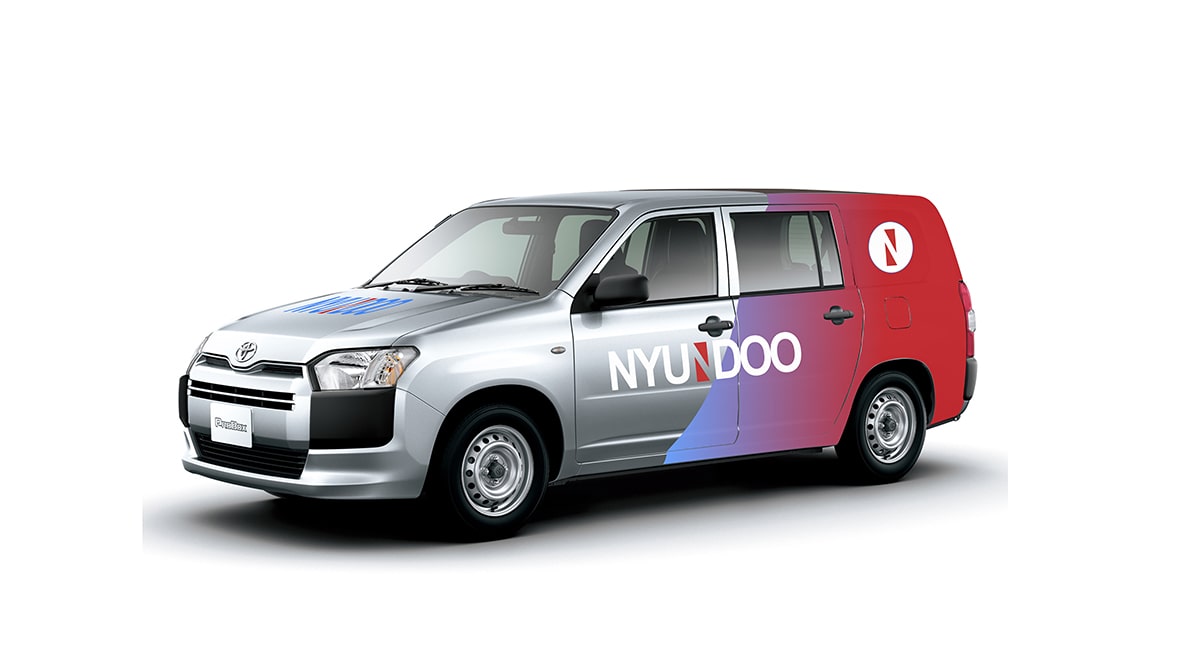
Why Having a Website is Crucial for Your Business and Branding
In today’s digital landscape, having a strong online presence is no longer optional for businesses—it’s essential. Whether you’re a small local business or a global enterprise, a website is a powerful tool that can elevate your brand, attract customers, and drive growth. This blog will delve into why having a website is critical for your business and how it plays a vital role in your branding efforts.
1. Establishing an Online Presence

The first and most obvious reason for having a website is to establish an online presence. In a world where consumers increasingly rely on the Internet for information, a website ensures that your business is accessible 24/7. Whether a potential customer is searching for your products or services, or just trying to learn more about your brand, your website serves as the digital gateway to your business.
Without a website, potential customers may not even consider your business. Instead, they may turn to competitors who do have an online presence. In short, a website is your digital storefront, and just like a physical storefront, it needs to be open and welcoming to attract customers.
2. Enhancing Brand Credibility

A well-designed website is a hallmark of a credible and professional business. In today’s market, consumers often judge a business’s legitimacy based on its online presence. A website provides a platform where you can showcase your brand, tell your story, and present your value proposition clearly and convincingly.
Additionally, your website is the perfect place to display customer testimonials, case studies, awards, and other forms of social proof. These elements help build trust and reassure potential customers that your business is reputable and reliable. In essence, your website serves as a digital validation of your brand’s credibility.
3. Supporting Branding Efforts

Your website is more than just a collection of web pages; it’s a central hub for your branding efforts. It’s where you can fully express your brand identity—your logo, color scheme, typography, and messaging all come together to create a cohesive brand experience. Consistency across all these elements is key to building strong brand recognition.
Moreover, your website allows you to communicate your brand’s values, mission, and vision in a way that resonates with your target audience. Whether it’s through blog posts, videos, or case studies, your website provides a platform to share your brand’s story and connect with customers on a deeper level. When done right, your website can become a powerful tool for shaping and reinforcing your brand’s image.
4. Improving Customer Engagement

A website is not just a static brochure; it’s an interactive platform where you can engage with your customers in meaningful ways. Features like blogs, contact forms, live chat, and social media integration allow you to communicate directly with your audience, address their questions, and provide valuable content.
Engagement doesn’t stop at just providing information. A well-structured website can guide visitors through the buyer’s journey, offering relevant content at each stage. By delivering a personalized experience, you can turn casual visitors into loyal customers. An engaging website also encourages repeat visits, fostering long-term relationships with your audience.
5. Enabling Marketing and Sales

One of the most significant advantages of having a website is that it serves as the cornerstone of your digital marketing strategy. From search engine optimization (SEO) to email marketing, social media campaigns, and pay-per-click (PPC) advertising, all your marketing efforts should drive traffic to your website.
Once visitors arrive, your website should be optimized to convert them into leads or customers. This could be through lead capture forms, downloadable content, or direct e-commerce functionality. A well-optimized website acts as a 24/7 salesperson, constantly working to generate leads and sales for your business.
6. Providing Valuable Insights

A website is not just a marketing tool; it’s also a valuable source of data. Tools like Google Analytics allow you to track and analyze visitor behavior, providing insights into how people find your site, what they do once they’re there, and where they drop off.
These insights are invaluable for refining your marketing strategies and improving the user experience. For example, if you notice that a particular blog post is driving a lot of traffic, you might consider creating more content on that topic. Conversely, if visitors are leaving your site without taking action, it may be time to re-evaluate your call-to-action (CTA) buttons or page design.
By continuously analyzing and optimizing your website, you can ensure that it remains an effective tool for attracting and converting customers.
7. Gaining a Competitive Edge

In today’s competitive market, not having a website is akin to not having a business card in the past—it’s almost unthinkable. Your competitors likely already have a website, and if you don’t, you’re at a significant disadvantage. A well-optimized, user-friendly website can help you stand out in a crowded market, capture more leads, and ultimately, grow your business.
Moreover, a website gives you the ability to showcase what makes your business unique. Whether it’s your innovative products, superior customer service, or commitment to sustainability, your website is the perfect platform to differentiate yourself from the competition.
8. Facilitating Business Growth

A website not only helps maintain your current customer base but also opens doors for new business opportunities. With a well-optimized site, your business becomes more visible to potential customers across the globe. Whether through organic search, paid ads, or social media referrals, your website can attract a broader audience, leading to more inquiries, sales, and ultimately, business growth.
Moreover, a website allows you to scale your operations more easily. As your business grows, your website can be updated to reflect new offerings, expanded services, and additional features. This flexibility makes it easier to adapt to market changes and customer needs, ensuring that your business remains competitive and relevant.
9. Building Customer Loyalty

A website is a powerful tool for building and maintaining customer loyalty. By offering valuable content, personalized experiences, and excellent customer service through your site, you can foster a deeper connection with your audience. Features like loyalty programs, member-only content, and personalized recommendations can keep customers coming back.
Furthermore, a website allows you to stay in touch with your customers through newsletters, updates, and promotions. Regular communication helps keep your brand top-of-mind and encourages repeat business. In an increasingly digital world, nurturing customer relationships through your website is crucial for long-term success.
10. Streamlining Operations

In addition to its marketing benefits, a website can also streamline your business operations. Online booking systems, automated customer support, and e-commerce functionalities reduce the need for manual processes, saving you time and resources. A well-integrated website can handle everything from appointment scheduling to payment processing, allowing you to focus on other critical aspects of your business.
Additionally, a website can serve as a central hub for internal resources, making it easier to manage employee communications, training materials, and company updates. This efficiency not only improves productivity but also enhances the overall customer experience.
11. Adapting to Consumer Behavior

Consumer behavior has shifted dramatically in recent years, with more people turning to online platforms for shopping, research, and entertainment. A website allows your business to meet customers where they are, offering a convenient and accessible way to interact with your brand. Whether through mobile devices, tablets, or desktops, your website should be responsive and user-friendly to cater to the needs of today’s digital-savvy consumers.
Furthermore, integrating emerging technologies like chatbots, AI-driven personalization, and voice search can enhance the user experience, keeping your business ahead of the curve. By adapting to changing consumer behavior, your website ensures that your business remains relevant in an ever-evolving digital landscape.
Conclusion

In conclusion, a website is not just an online presence; it’s an essential asset for your business. It establishes credibility, supports branding, engages customers, drives marketing and sales, provides valuable insights, and gives you a competitive edge. In a digital-first world, having a website is not just a nice-to-have; it’s a must-have for any business that wants to succeed and grow.
If you don’t have a website, now is the time to invest in one. And if you already have a website, make sure it’s optimized to fully leverage its potential. A strong online presence, backed by a well-designed website, can be the key to unlocking new opportunities and taking your business to the next level.




Leave a Reply